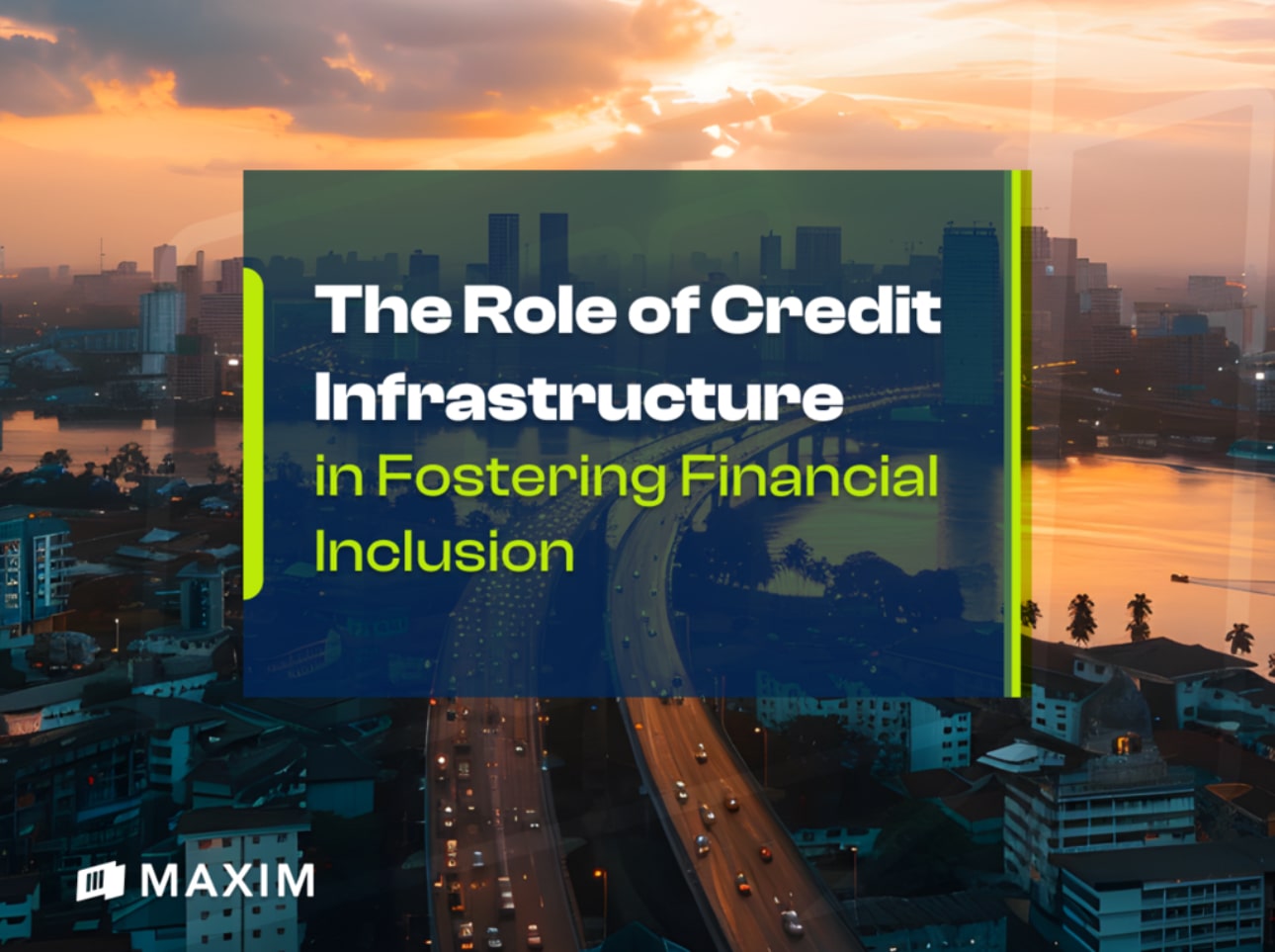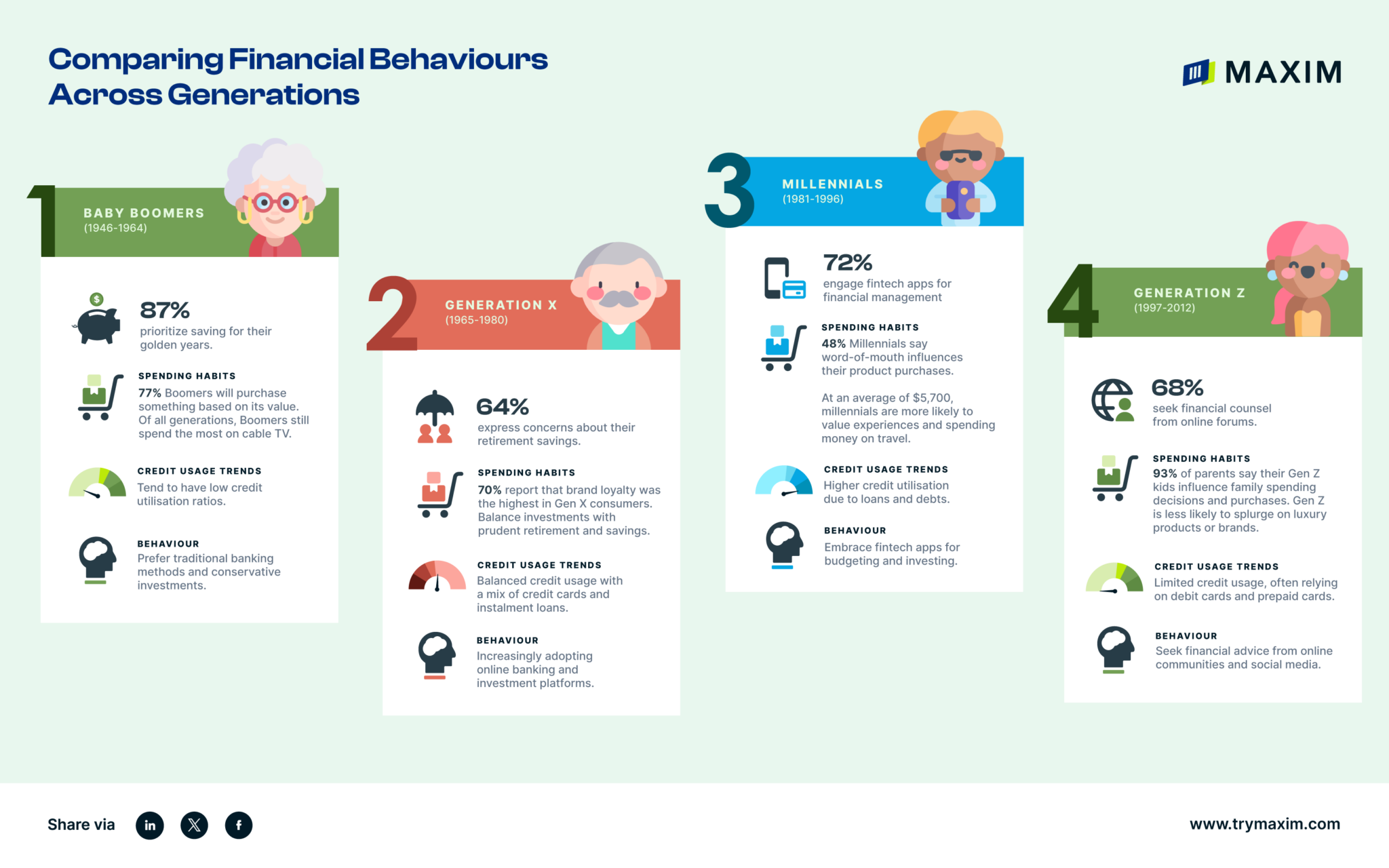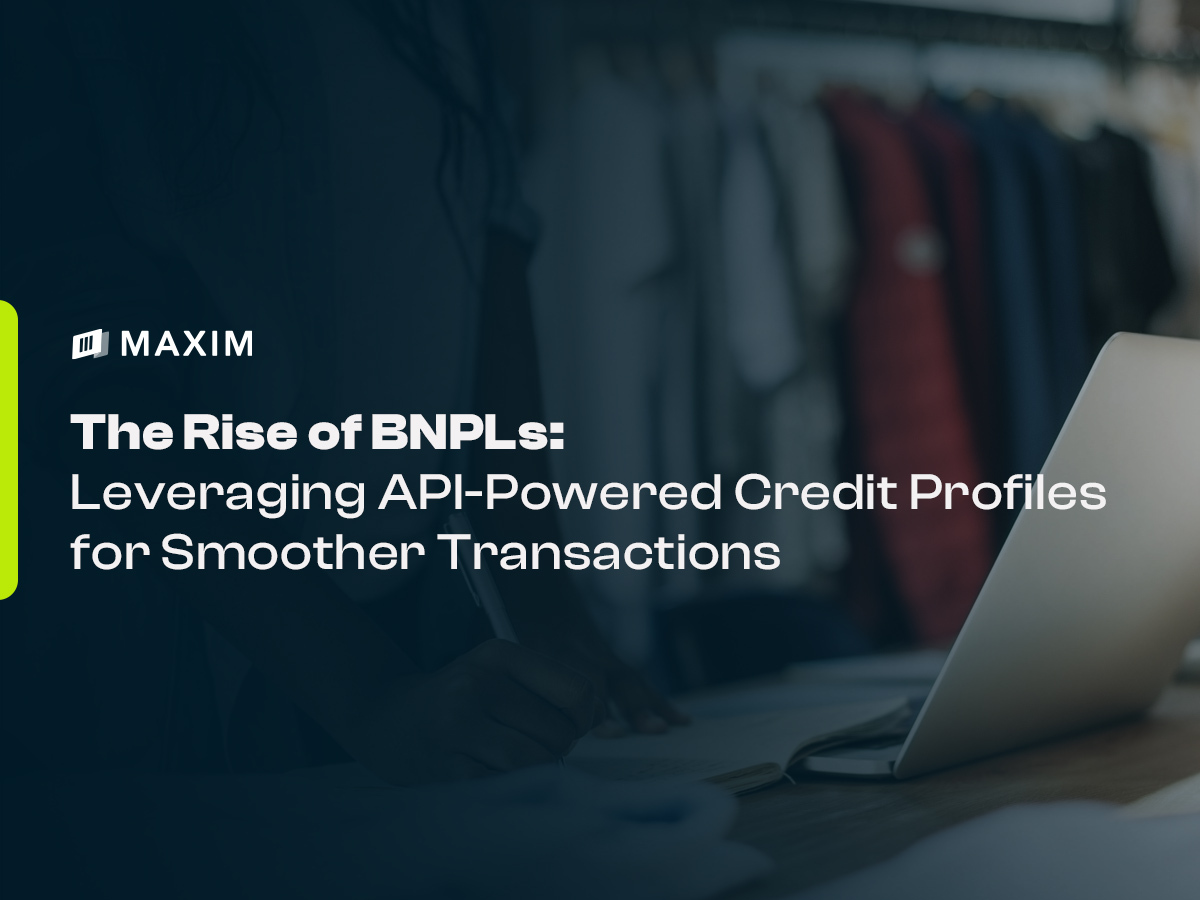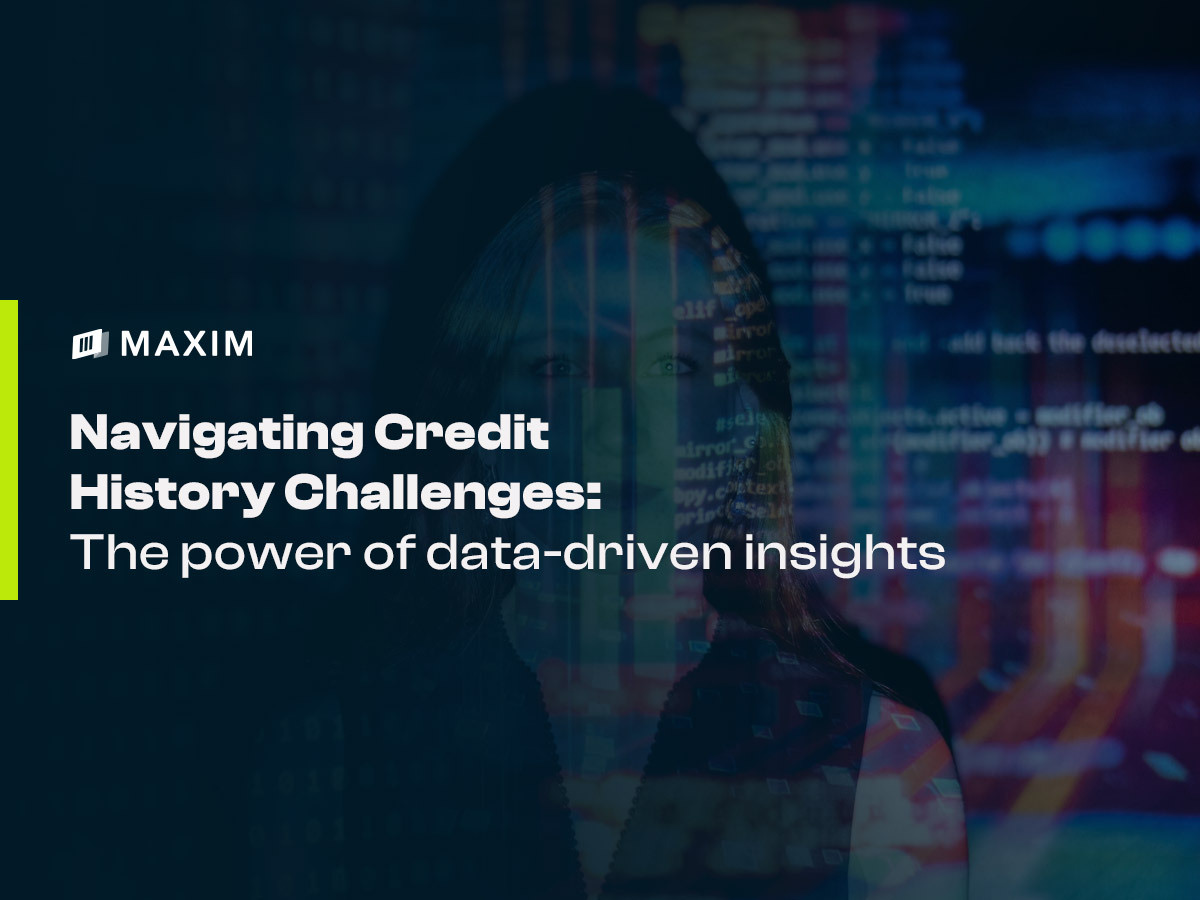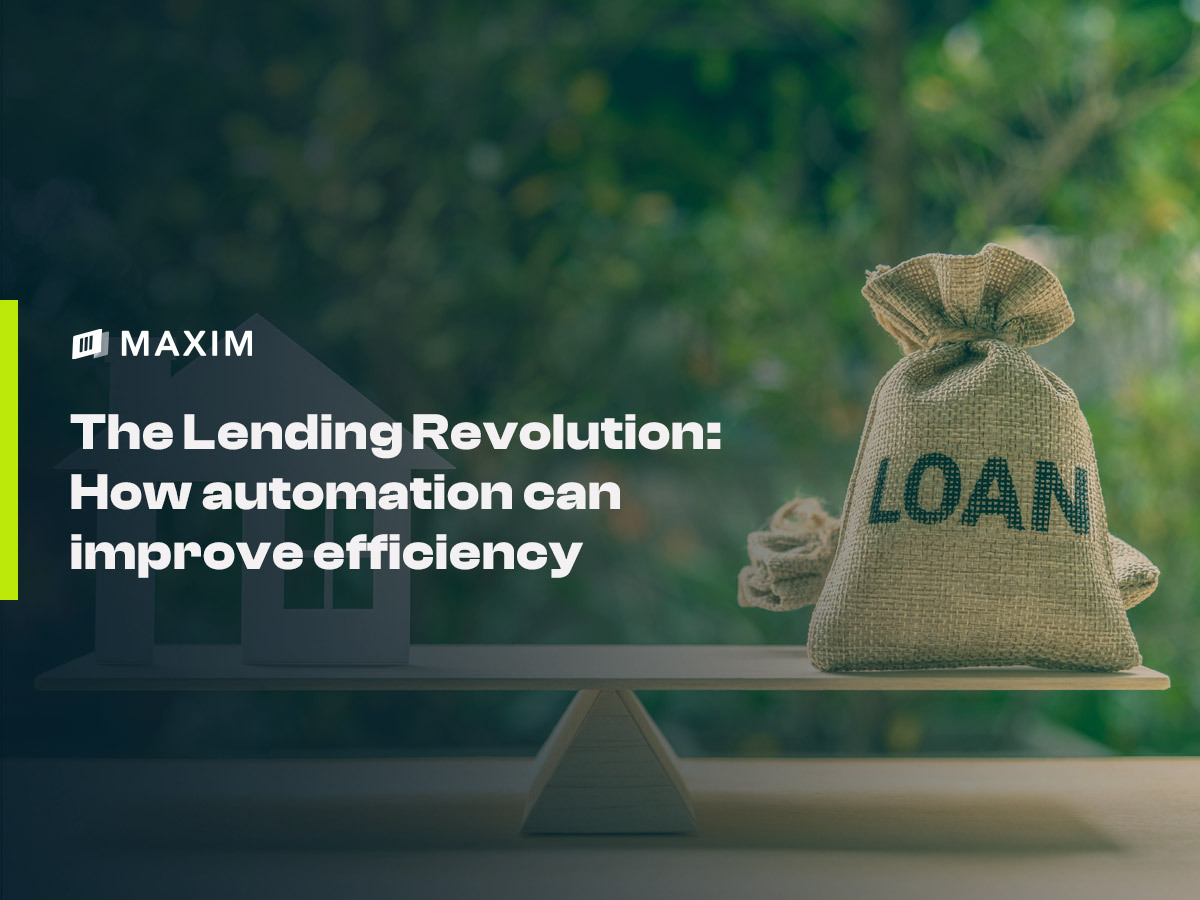Revolutionising Underwriting: Harnessing Alternative Data with Maxim
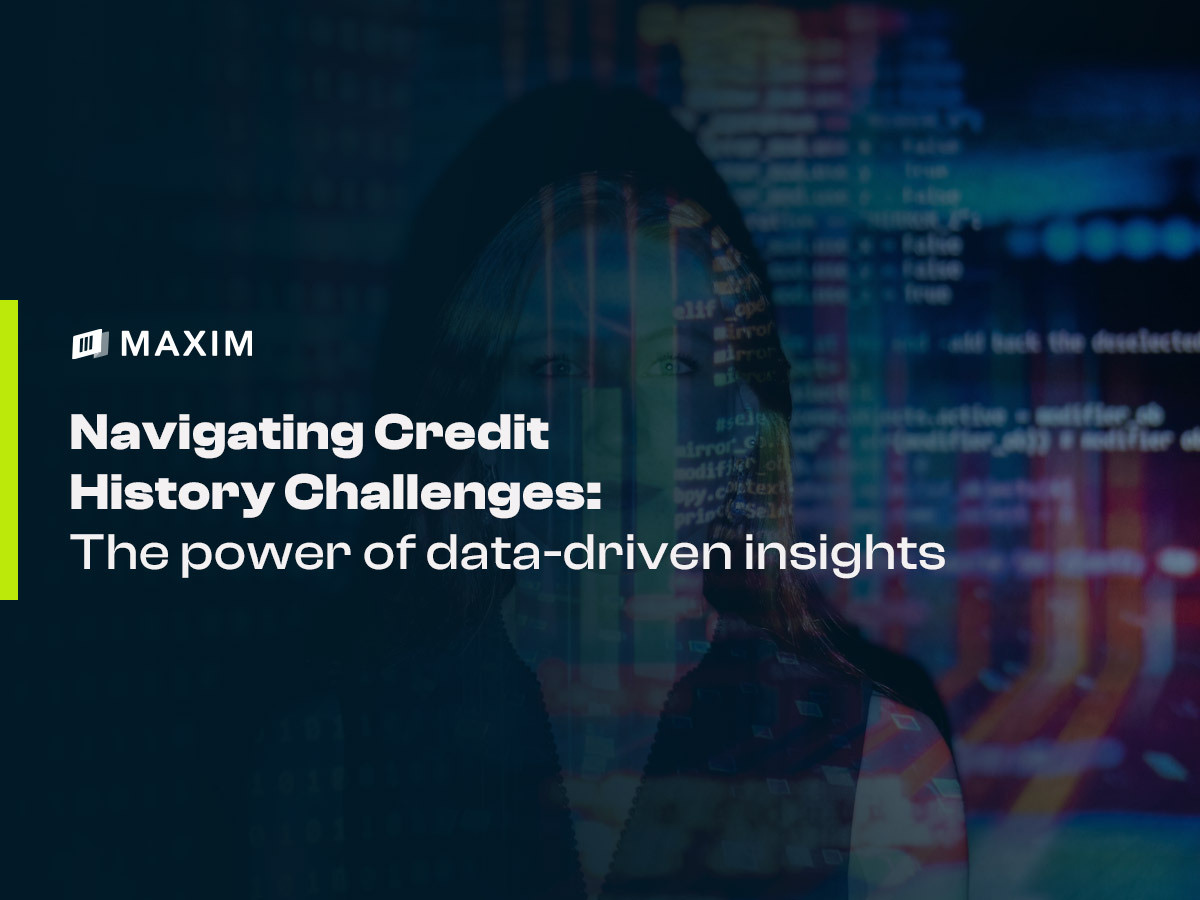
In the ever-changing world of finance, innovation continues to reshape lending and credit assessment approaches. However, the conventional credit scoring model, primarily reliant on credit history and income, often underserves a significant portion of the population, particularly immigrants. This is where alternative data comes into play, offering a more comprehensive understanding of an individual’s financial behaviour.
While traditional credit scoring systems have their merits, they also have limitations. These systems don’t always account for an individual’s complete financial habits, which is especially a hassle for newcomers to a country’s financial landscape.
This is where alternative data steps in – a wide range of non-traditional information that paints a more holistic picture of an individual’s financial behaviour. This data could encompass various aspects, from rental payment history and utility bill records to educational background. By incorporating these unconventional data points, a clearer and more accurate representation of an individual’s creditworthiness emerges.
The financial industry is experiencing a transformative shift, as lenders recognize the untapped potential of alternative data in refining their underwriting processes. Alternative data effectively addresses this challenge by offering insights into an individual’s payment patterns, stability, and risk behaviour. These non-traditional indicators fill the gaps left by traditional credit scoring models, fostering a more inclusive financial environment.
At the core of this transformative movement is Maxim, which aims to empower immigrants to seamlessly transfer their credit history when they relocate to a new country. This equips lenders with a more comprehensive perspective of an individual’s financial background. This approach benefits both parties: immigrants can maintain their established credit reputation, while lenders can tap into a more diverse customer base.
The synergy between alternative data and Maxim’s innovative credit history transfer platform holds the key to a more inclusive financial landscape. Immigrants, often faced with hurdles when building credit in a new country, now have a pathway to demonstrate their financial responsibility and potential. Simultaneously, lenders can tap into a pool of creditworthy individuals who were previously overlooked by traditional credit scoring models.
By embracing the power of non-traditional information, Maxim not only advances financial inclusivity but also shapes a future where credit assessment is more accurate, nuanced, and equitable.














